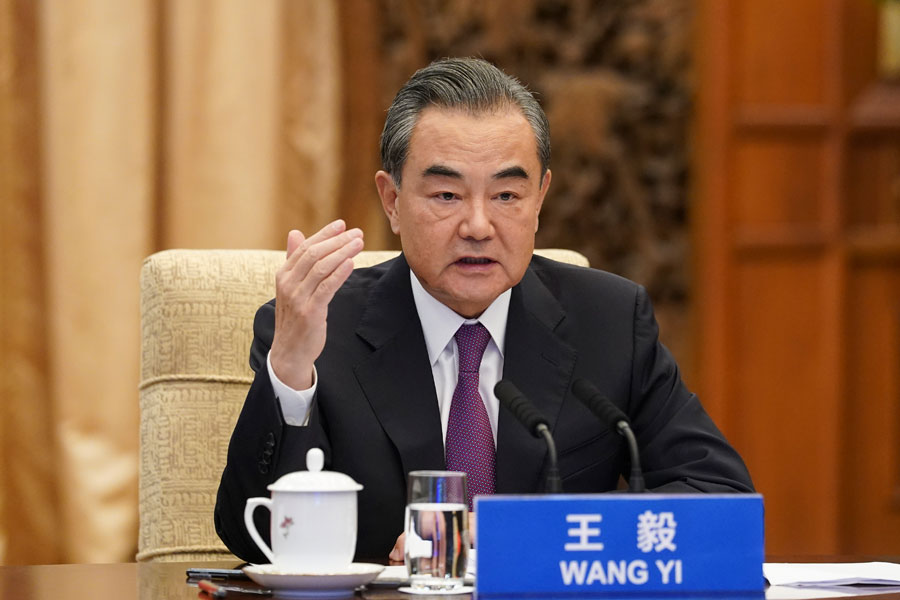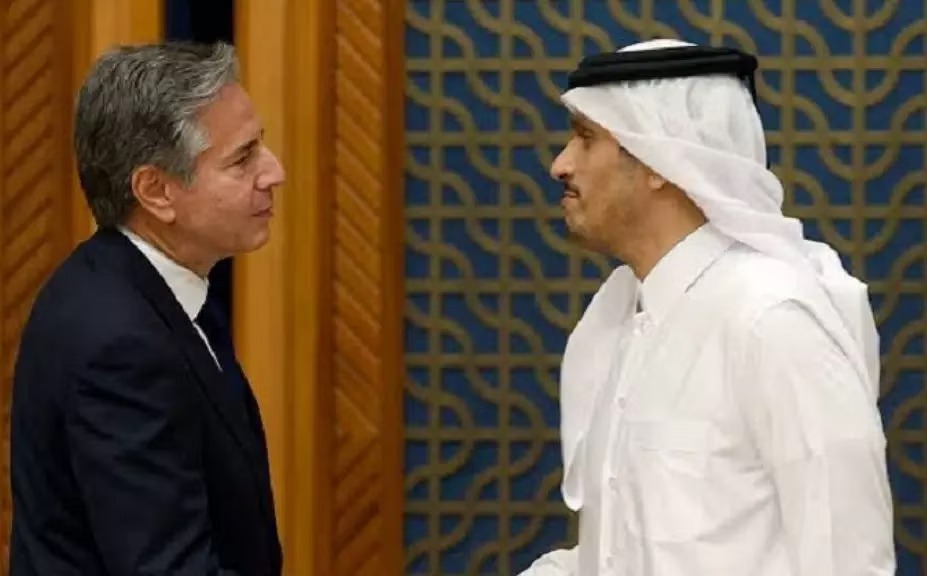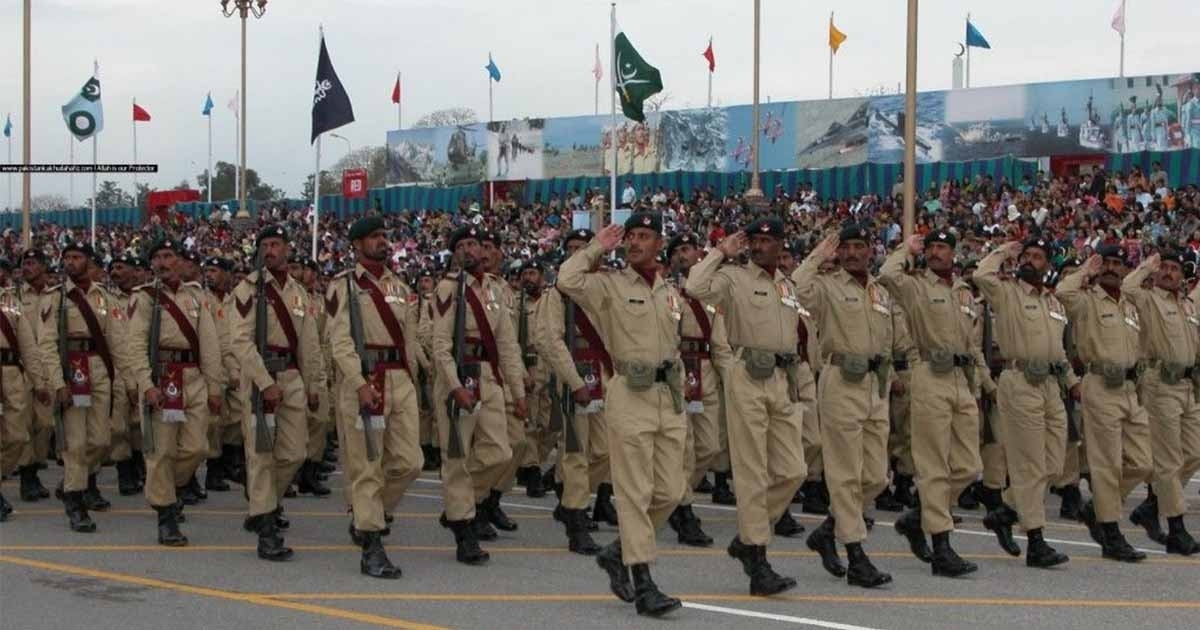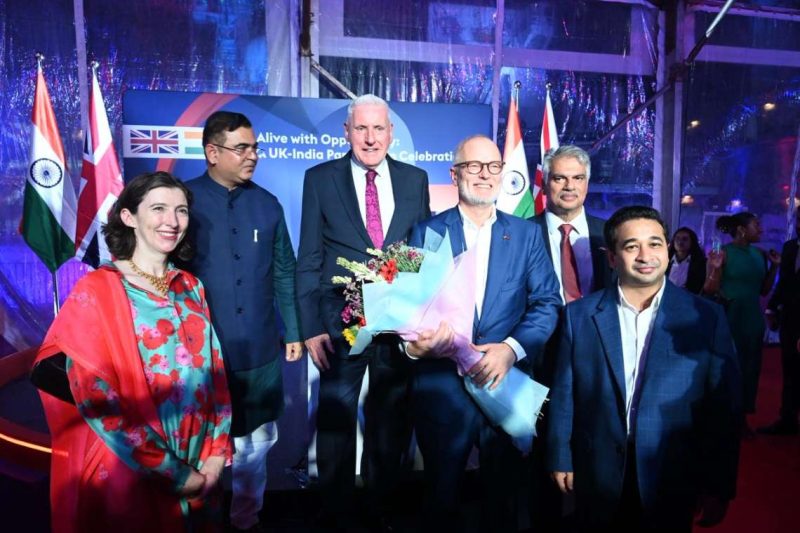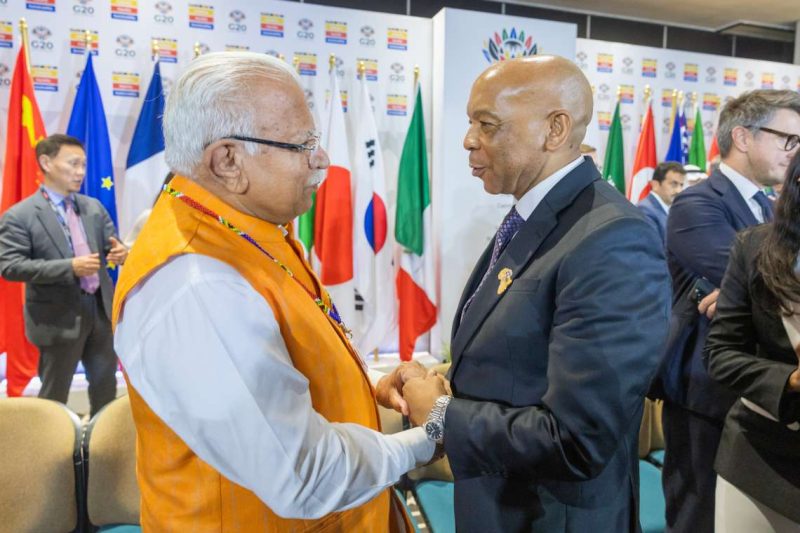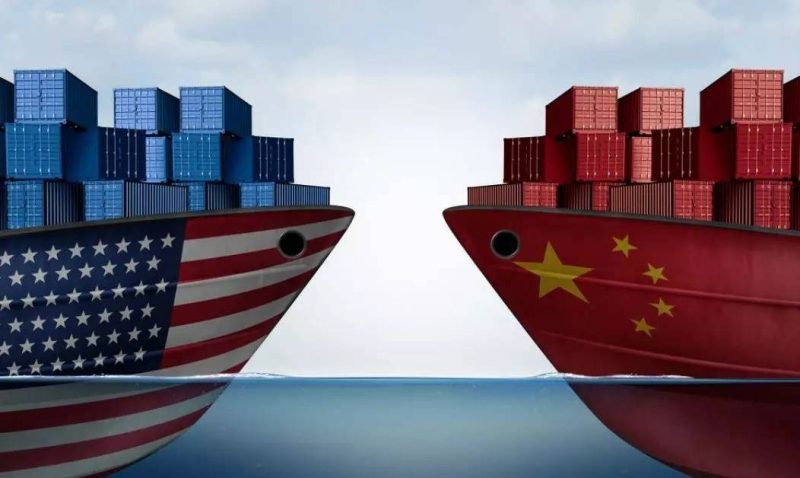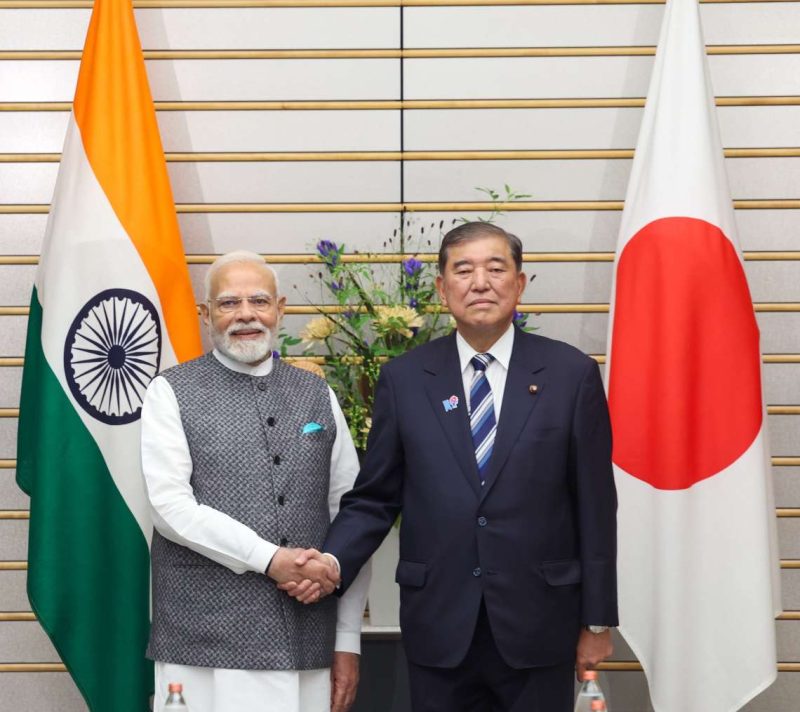Wang expressed “concerns” over the latest situation on the Korean Peninsula and told Park that China will do its part to “help stabilise the situation…reports Asian Lite News
Chinese Foreign Minister Wang Yi on Sunday said his country will play a role in helping ensure the stability of the Korean Peninsula as he expressed concerns over the current security situation in the region.
Wang made the remarks during his bilateral talks with South Korean Foreign Minister Park Jin in Busan, an official at Seoul’s Foreign Ministry said.
During their talks, Park also requested that China play a “constructive” role after North Korea scrapped a 2018 military tension reduction accord with South Korea and warned of more provocations to come, Yonhap news agency reported.
Park stressed that Seoul’s decision to abandon part of the inter-Korean military deal, which came in response to North Korea’s launch of a military spy satellite, was the minimal defensive measure for the safety of its people.
“We clearly made a point about North Korea’s attitude of threatening further provocations, saying that it will not be bound by the September 19 military agreement, and shifting the responsibility to us,” a Foreign Ministry official told reporters after the talks.
“Minister Park requested that the two countries work closely and that China play a constructive role, as it is in the common interests of South Korea and China that North Korea stop its provocations and take the path of denuclearisation,” the official said.
Wang, in turn, expressed “concerns” over the latest situation on the Korean Peninsula and told Park that China will do its part to “help stabilise the situation,” according to the official.
Wang arrived in Busan on Saturday to attend a trilateral gathering with Park and his Japanese counterpart, Yoko Kamikawa, took place on Sunday.
The talks came days after North Korea said it launched a military spy satellite and successfully placed it into orbit, after two botched launch attempts in May and August, respectively.
In response, South Korea scrapped part of a 2018 inter-Korean military tension reduction accord. In a tit-for-tat, North Korea said the next day it will immediately restore all military measures it had halted under the agreement.
China has called for all concerned parties to “remain calm and exercise restraint,” over the satellite launch, saying it will continue to play “a constructive role” in promoting peace and stability on the Korean Peninsula.
At the talks, the two sides reaffirmed the commitment to developing their bilateral relationship into a “healthy and more mature” one, based on “mutual respect, reciprocity and common interests,” according to the Seoul Ministry.
Sharing the view that the economic cooperation has been an important driver in the development of the bilateral ties, the Ministers agreed to bolster “mutually beneficial and substantive cooperation in light of the changing external environment”.
In that vein, Park noted the importance of working together to ensure the stable management of supply chains and the safety of South Korean companies doing business in China, as well as the need to facilitate cultural content, such as games and films.
Park also relayed concerns over the forced repatriation of North Korean defectors in China and asked for Beijing’s active cooperation in helping North Koreans move to desired places, instead of being forced to return home, where they may face harsh punishment.
As Pyongyang’s key ally, China does not recognise North Korean defectors as refugees and regularly repatriates them to their home country.
The two top diplomats discussed efforts to promote high-level communications at all levels, including a potential visit by Chinese President Xi Jinping.
Critics say the relations with Beijing have recently cooled due to what they describe as President Yoon Suk Yeol’s attempts to bring South Korea closer to the US and Japan, a departure from the previous Moon Jae-in administration’s greater emphasis on China.
During Sunday’s talks, Park asked for Beijing’s support for South Korea’s bid to host the 2030 World Expo in Busan, and Wang said China “will seriously consider” it, according to the Ministry official.
Wang and Park last held talks on the sidelines of the Foreign Ministers’ meeting involving the Association of Southeast Asian Nations in Jakarta in July. Wang last visited South Korea in September 2021.


